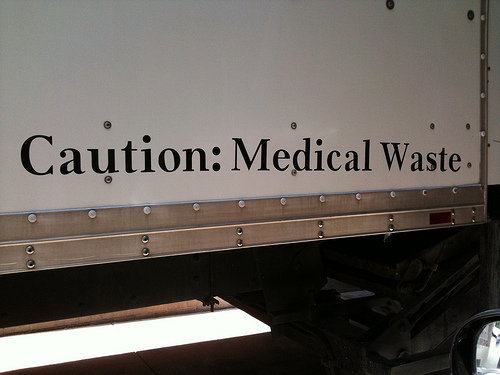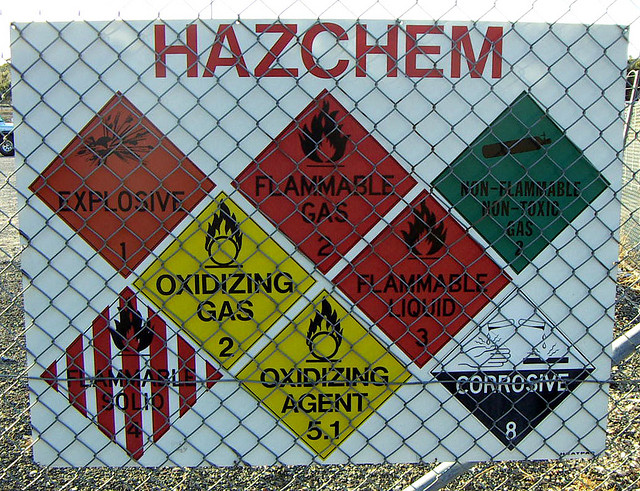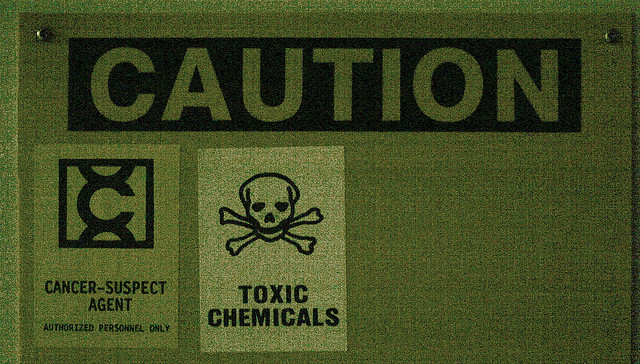On January 30, the U.S. Department of Labor’s Office of Federal Contract Compliance Programs (OFCCP) published a proposal to revise its requirements for covered Federal Government contractors and subcontractors, including federally assisted construction contractors and subcontractors. This proposal would implement provisions in Executive Order (EO) Number 13672, which President Obama issued on July 21, 2014 (I blogged about the E.O. here). These revisions expand anti-discrimination responsibilities of federal contractors and federal grant recipients, to cover “sexual orientation” and “gender identity.” Once implemented, employment practices in these workplaces will match private employers’ responsibilities under a growing number of state laws, and under some federal court cases interpreting Title VII of the Civil Rights Act of 1964 (Title VII).
Audit, Compliance and Risk Blog
Department of Labor Proposes More Anti-Discrimination Rules For Federal Contractors
Posted by Jon Elliott on Thu, Feb 12, 2015
Tags: Corporate Governance, Business & Legal, Employer Best Practices, Employee Rights, EEOC, NLRB, Disability benefits
How do you have to manage waste biological materials generated by your activities—maybe from agricultural or biotech production, or maybe from your onsite clinic or the healthcare facility you run? Worker safety and transportation rules will apply to handling, and environmental protection rules to releases and disposal. But the main regulatory focus is provided by waste management requirements.
Tags: Corporate Governance, Business & Legal, Health & Safety, Environmental
Congress Updates Chemical Facility Anti-Terrorism Standards
Posted by Jon Elliott on Mon, Feb 02, 2015
In 2007, Congress added a provision to the Department of Homeland Security (DHS) budget, directing DHS to create a program to identify chemicals that might be tempting targets for terrorists, and to require facility that handle sufficiently large quantities of these chemicals of interest to establish security programs subject to DHS oversight (“Section 550”). DHS responded to Section 550 by issuing Chemical Facility Anti-terrorism Standards (CFATS) rules, requiring compliance to begin in 2008.
Tags: Corporate Governance, Business & Legal, Employer Best Practices, Health & Safety, Environmental risks, Environmental, Hazcom, Workplace violence
The British Columbia Supreme Court affirmed the reasoning of the Provincial Court trial judge that convicted a director, Mission Western Developments Ltd. and its director, Blake Larsen, of offenses under the federal Fisheries Act that occurred during land clearing operations near Wildebank Creek in Mission, British Columbia (R. v. Larsen, 2013 BCPC 92, affirmed 2014 BCSC 2084). In rejecting the appeal by the accused, the Supreme Court held that the Provincial Court judge had applied the correct legal principles for determining the necessary elements to obtain a conviction for impairment of fish habitat under the Fisheries Act. These principles were:
Tags: Corporate Governance, Business & Legal, Health & Safety, Environmental risks, Environmental, Canadian
EPCRA Tier II: Key State Differences for Chemical Inventory Reporting
Posted by Melanie Powers on Wed, Jan 21, 2015
Tags: Corporate Governance, Business & Legal, Health & Safety, EHS, Hazcom, STC, Webinar
Could a Christmas tree find a second job? Yes, as it matter of fact it can. Every year in late December, early January and, in some cases, as late as February, certain researchers, environmental groups and wildlife agencies in North America begin sinking Christmas trees in lakes and ocean waters in the hopes of creating habitat for various types of fish.
Tags: Corporate Governance, Business & Legal, Environmental, corporate social responsibility
Hazardous Chemicals: Our Communities Have the Right to Know
Posted by STP Editorial Team on Wed, Jan 14, 2015
Our communities have the right to know when they are at risk of exposure to dangerous substances from accidental releases such as, but not limited to, chlorine, ammonia, hydrochloric acid, and sulfur dioxide. The US Environmental Protection Agency (EPA) agrees. In 1986 EPA created the Emergency Planning and Community Right-to-Know Act (EPCRA) to help communities plan for just such emergencies. EPCRA requires that federal, state, and local governments, Indian tribes, and industries be prepared for hazardous chemical emergencies. It also requires facilities to follow all recordkeeping requirements and report the storage, use, and release of hazardous chemicals to federal, state, and local governments.
Tags: Corporate Governance, Business & Legal, Employer Best Practices, Health & Safety, Employee Rights, Environmental risks, Environmental, EHS, EPA, Hazcom
BC Supreme Court Affirms “Polluter Pays” for Site Remediation
Posted by Kristen Brewer on Mon, Jan 12, 2015
Tags: Corporate Governance, Business & Legal, Environmental risks, Environmental, Canadian
To Frack Or Not To Frack? California and New York Provide Opposite Answers
Posted by Jon Elliott on Mon, Dec 22, 2014
Many readers will know that political and legal regulatory developments have lagged the technical developments in hydraulic fracturing and other enhanced oil and gas recovery techniques – “fracking.” Some jurisdictions focus on the jobs and taxes that result from resource extraction, while others focus on the potential environmental hazards. As 2015 begins, we find California and New York – which typically agree on significant environmental policy questions – adopting opposite responses.
Tags: Business & Legal, Environmental risks, EPA, ghg, fracking, hydraulic fracking
The Occupational Safety and Health Administration (OSHA) has updated its recordkeeping rule to expand the list of severe injuries (including amputations) that all employers must report. An increase in good reporting and recordkeeping is a best management practice and an essential part of helping employers ensure and maintain the safest working environments for their employees.
Tags: Corporate Governance, Business & Legal, Employer Best Practices, Health & Safety, OSHA, Employee Rights, Disability benefits










